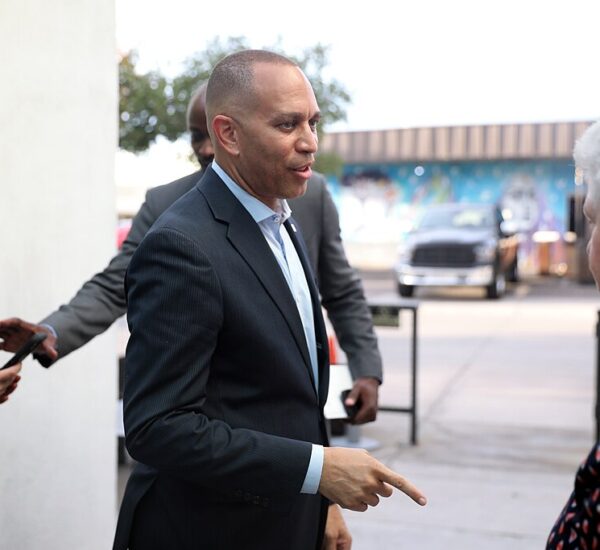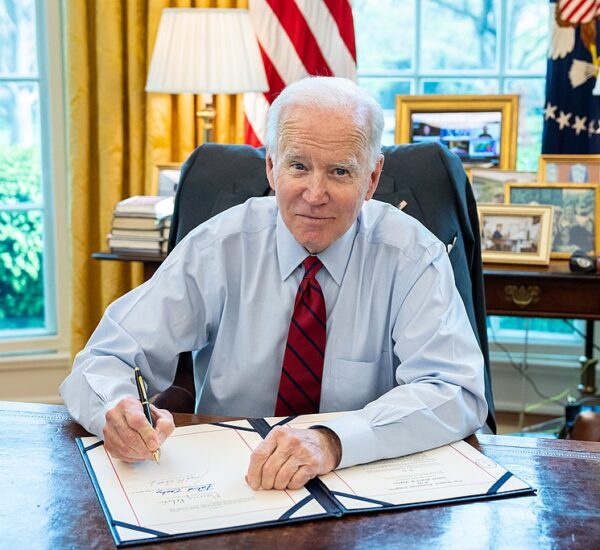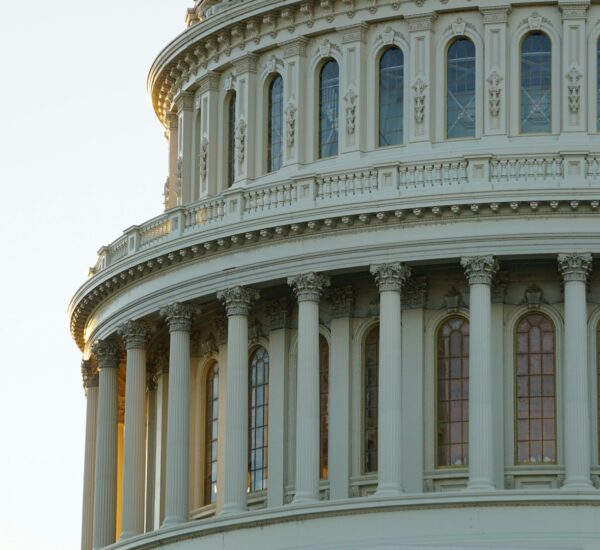Here’s what Americans need to know.
Washington, D.C. – President Donald Trump’s new Make America Healthy Again (MAHA) campaign is putting a national spotlight on children’s health—but some of America’s hardest-working farmers are raising serious concerns. At issue: potential restrictions on pesticides that they say could send food prices soaring, threaten crop yields, and push family farms to the brink.
The MAHA Commission, led by Trump administration officials and health experts, released a detailed strategy targeting rising rates of childhood obesity, mental illness, and developmental issues. A key focus of the report is reducing chemical exposure in food—especially from commonly used agricultural pesticides like glyphosate and atrazine.
But as the federal government ramps up this health-first agenda, America’s farmers are warning that the cost could be catastrophic—not just for agriculture, but for every American family that shops for groceries.
“If these tools are taken away, we’re looking at a 150% surge in input costs and food inflation that could more than double,” warned Elizabeth Burns-Thompson of the Modern Ag Alliance. “This is a threat to food security, rural jobs, and the family farm way of life.”
Farmers Warn: Food Prices Will Skyrocket
Leaders in agriculture say the science is being ignored. Many of the pesticides under scrutiny have undergone decades of testing by agencies like the EPA. Farmers argue that these tools are essential for keeping food affordable and crops healthy.
“We love our farmers, and we’ll always fight for them,” President Trump declared at the White House. “They are the backbone of this country—and we’ll make sure they thrive.”
Secretary of Agriculture Brooke Rollins emphasized that the MAHA agenda is built on empowering American farmers, not punishing them. “At the heart of this mission is making American agriculture great again.”
What’s Really in the MAHA Report?
While the report outlines goals to improve children’s diets and increase physical activity—both broadly supported—it also singles out pesticides like glyphosate, calling them “potential risks to child development.” The National Corn Growers Alliance strongly pushed back, stating:
“This report relies on fear, not facts. The science is settled. These products are safe, effective, and critical to U.S. food production.”
Critics warn that this could lead to policy decisions that mirror Sri Lanka’s disastrous 2021 pesticide ban, which caused crop failures over 50%, food shortages, and an economic collapse.
Trump Administration Responds
Health Secretary Robert F. Kennedy Jr., a longtime critic of unregulated chemicals, told Congress that protecting farmers is a top priority.
“We are not going to shut down a single farm,” he said. “Glyphosate is vital. We’re here to protect both farmers and families.”
The Trump administration insists that their approach will be guided by the Gold Standard of Science, not political pressure. White House spokesman Kush Desai reinforced that every step will prioritize American values, scientific integrity, and economic strength.
A Balanced Approach?
Policy expert Jennifer Galardi of the Heritage Foundation applauded the administration’s attempt to strike a balance.
“The MAHA report is threading a difficult needle—ensuring food is safe for children while protecting the very farmers who feed this country,” Galardi said. “What we must avoid is letting global corporations influence the science or silence farmers’ voices.”
Galardi added that the most impactful early wins may come from non-controversial areas like school nutrition and fitness—not gutting essential farm tools.
The Bottom Line
While the Trump administration is working to make families healthier, American farmers are calling for transparency and common sense. Food inflation is already a concern for millions of families, especially seniors living on fixed incomes. Adding burdens to farmers now could send prices even higher—just when Americans can least afford it.
As President Trump pushes forward with MAHA, one thing remains clear: the future of food in America depends on protecting both our health and our harvest.






